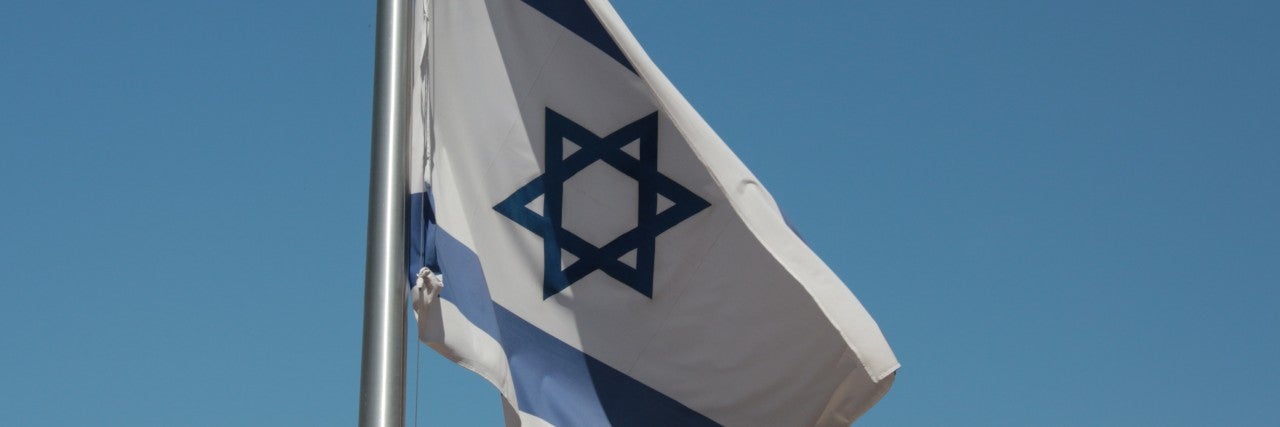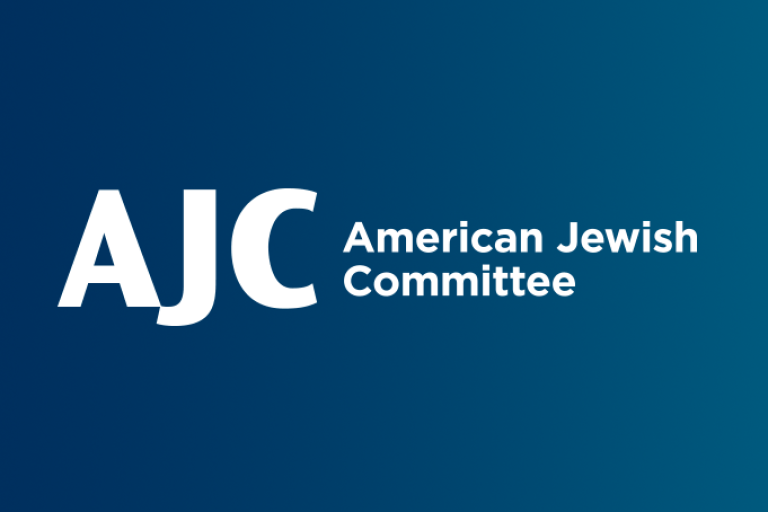June 8, 2018 — Jerusalem, Israel
By John Shapiro
This piece originally appeared in Times of Israel.
More than 2,100 people, mostly American Jews, are converging in Jerusalem this week, participating in the American Jewish Committee (AJC) Global Forum. It’s the first time that my organization is holding its signature annual event in Israel, and, we are told, it is the largest-ever gathering in Israel’s capital by an American Jewish advocacy group.
Over the past 70 years, AJC has developed a global network of relationships with governments around the world. From the United Nations in New York, to the European Union in Brussels, to countries in Africa, Asia and Latin American, as well as across the United States, AJC has been seeking to advance understanding of Israel at the highest levels. We engage in top-level meetings with over 115 nations each year, including Arab countries that have or, importantly, do not yet have relations with Israel.
Our global diplomatic advocacy has yielded substantive achievements, including, to cite a few examples:
-- Ending Japan’s cooperation with the Arab boycott, a dramatic development that Tokyo has publicly acknowledged it did as a result of five years of AJC advocacy, including nearly 20 trips to Tokyo.
-- UN General Assembly reversal, in 1991, of the infamous 1975 UN resolution, promoted by the Arab and Muslim world, declaring Zionism a form of racism. Daniel Patrick Moynihan, the legendary U.S. Ambassador to the UN, and, later, senator, publicly credited AJC for its indispensable role in securing this turnabout through a determined diplomatic and media campaign spanning 16 years.
-- The UN’s Western Europe and Others (WEOG) regional group accepted Israel as a member in 2000, after a seven-year AJC advocacy campaign that Dore Gold, Israel’s UN ambassador at the time, said “changed history.” This “victory” in the ongoing struggle for fair and equal treatment of Israel at the world body allowed Israel the chance to run for a seat on the UN Security Council.
-- More than 6,000 leaders from many fields—government, religion, business, academia, and more—in the U.S. and other countries have learned about Israel by visiting on AJC Project Interchange seminars. Through dialogue with Israelis, they come to appreciate the country’s accomplishments as well as its ongoing challenges. When they return home, PI alumni often speak out in defense of Israel, and some have parlayed their new friendships with peers they met in Israel into joint projects. The Advanced Technology Park in Beersheba and the partnership in New York between Cornell University and the Technion are among the tangible outcomes.
AJC also has been instrumental in navigating the unfolding ties between American and Israeli Jews, the two largest and most vibrant centers of Jewish life today. The convergence of AJC and Israel recalls the historical moment, at the turn of the twentieth century, when the contemporary Jewish world took shape. The shocking revival of murderous antisemitism at the time led to the creation of both the Zionist movement and AJC. Theodor Herzl advanced Zionism with his pioneering 1896 tract Der Judenstaat (“The Jewish State”) in response to the Dreyfus Affair in France, and the American Jews who formed AJC in 1906 to protect the rights of Jews around the world felt impelled to act in the aftermath of the Kishinev pogroms in Russia in 1903 and 1905.
We are here in unison to reaffirm by our presence the vitality and solidarity of American Jewry with Israel. That affinity, admittedly, was not always evident in the decades preceding Israel’s rebirth in 1948. Some American Jewish organizations, AJC included, were initially ambivalent about Zionism.
But when World War II ended, and efforts to establish the Jewish state progressed, AJC leaders laudably jumped on board, celebrated Israel’s independence, and garnered support for the Jewish state. AJC President Jacob Blaustein, as one example, used his access to President Truman to help secure American aid for Israel and strengthen Israel’s relations with the State Department, an effort acknowledged by Prime Minister David Ben-Gurion.
In 1951, just three years after Israel achieved independence, AJC President Blaustein met with Prime Minister Ben-Gurion to discuss how the two Jewish communities might work together effectively. What emerged, called by historians the Blaustein‒Ben-Gurion Agreement, affirmed the historic bond among all Jews worldwide, avowed the responsibility of Diaspora Jews to aid in the development of the nascent Jewish state, and pledged to maintain mutual respect between the two communities.
Since then, AJC has consistently worked toward greater understanding between American and Israeli Jews, most recently by creating in 2014 the Jewish-Religious Equality Coalition (J-REC), which seeks to diminish the chief rabbinate’s monopoly on Israeli Judaism that has been such a sore point for many American and other Jews..
For the American Jewish organization that, in 1962, was the first to open a full-time office in Israel’s capital, convening our Global Forum in Jerusalem, in conjunction with Israel’s 70th anniversary, is a milestone. We couldn’t be more awestruck by all that Israel has achieved in its first seven decades of restored sovereignty, and we couldn’t be more proud to stand shoulder-to-shoulder with the Jewish state.
John Shapiro is president of the American Jewish Committee (AJC).


